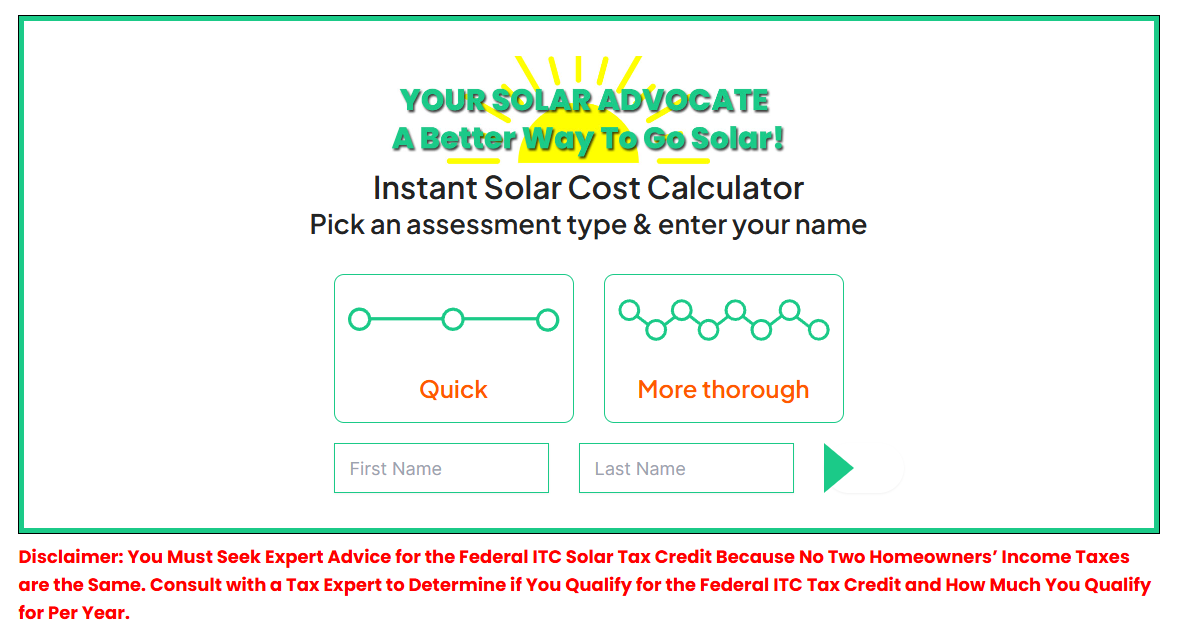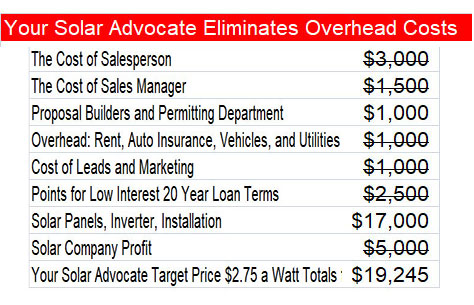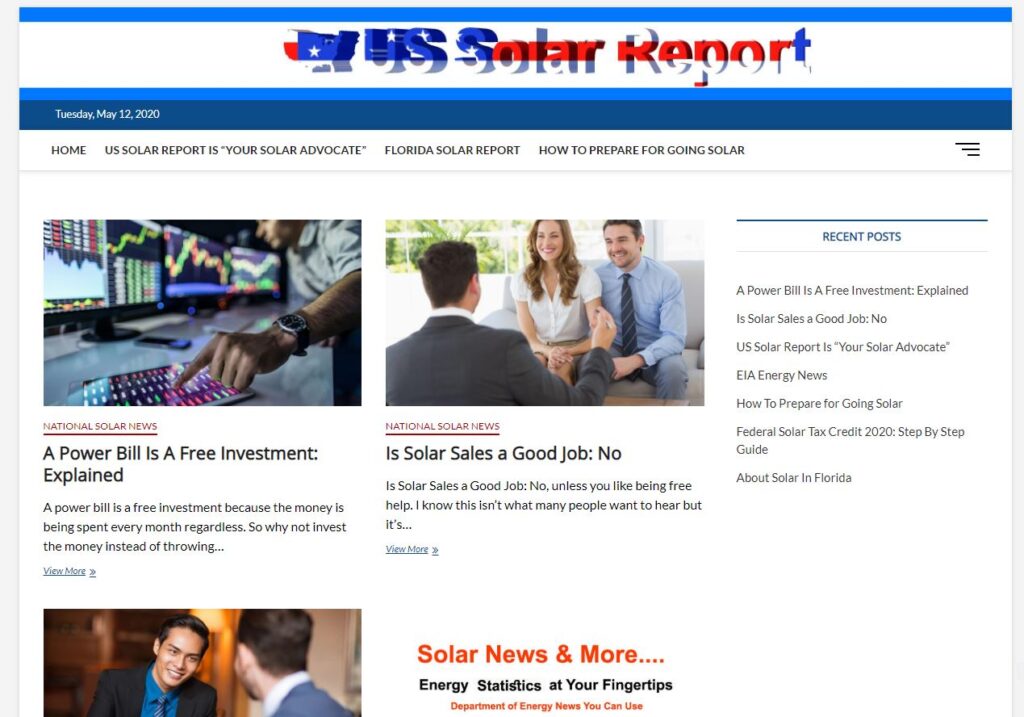Does Solar Pay for Itself? YES!

Does Solar Pay for Itself? YES! Without question home solar pays for itself. The ROI for home solar varies, but every purchased home solar system has a break-even point. Home solar is unique because whatever you were paying the power company offsets the cost.
The only thing I can compare to the rollout of solar to the American people was the computer. Although we had the Internet, we didn’t have the internet as a resource because there wasn’t any content available. We used a multitude of search engines trying to find what we needed, usually to no avail. Bottom line, we couldn’t shop online to get good deals on computers in the nineties. Computers were overpriced, just like home solar is overpriced until 2020 because there was less competition. The ability to shop for home solar is changing dramatically in 2020 because of more competition. The solar companies are having to adapt to selling more units at a lower profit ratio.
Okay, so how does the rollout of solar compare to the introduction of computers? When you start with only a handful of people with knowledge of that industry, doing business with them is very expensive because they’re entrepreneurs. Only a handful of people knew home solar. These people started opening national brand companies and charging very high prices because they had no competition. The method to their madness is to sell a payment to a customer because the customer is already making that payment to the power company every month and has nothing to show.
Not a Good Idea to Buy a Solar Payment
The solar companies’ method is to sell a payment, not home solar, the same way a car dealer sells a car payment. So why do they use this approach because it’s effective for the dealer? They convince people who know nothing about solar that it’s something special. The power company will make the payment (because their power bill will be offset by solar system production), and no money out of pocket.
So very quickly, the national brand solar companies did the same thing the computer industry did. They created their own competitor. Locally owned and operated solar companies started popping up in each state. They all received their training from the national companies they previously worked for, and then copied their business model.
Solar Industry Lacks Buyer Advocacy
Many solar companies’ business models are predatory by nature, and there is little to no advocacy for homeowners online. It’s almost like a conspiracy because if you go online to research home solar, solar companies provide all the knowledge and information. But, unfortunately, the information you find online is all about federal tax credits, payments that offset your power bill so solar is free, financing solar, or very inaccurate return on investment information.
ROI is dictated by one thing and one thing only: the price you pay for a solar system. The manner these solar companies operate is sucking all the ROI for the customer out of the front end of the sale. The solar companies are getting the benefits, not the purchaser of the home solar system.
Check Out Florida Solar Tax Credit because not everybody has enough income to qualify for the ITC. (Earned Income Tax Credit)
Don’t Buy Solar – Invest In Solar.
There’s a need for a revolution in how home solar is marketed. I founded “Your Solar Advocate” because it’s a better way to go solar.
“Your Solar Advocate” is a Free Service that represents the homeowner’s best interests and, in doing so, puts the ROI in the homeowner’s pocket. This is critical if solar will overcome the public resistance to home solar because of the poor ROI. 95 out of every 100 potential solar buyers have said no, it is not because they didn’t want it. They didn’t purchase home solar because the prices they were being quoted were not profitable.
How can it be justified that the Permit, Plans, Installation, and equipment cost a company $17,000, and they charge $32,000 for a 7K Solar System? Too many hands are in the pot, creating overhead that gets passed on to the purchaser of home solar.
The idea of “Your Solar Advocate” is not new, it’s just new to the solar industry, and there are many reasons why it’s by the direction home solar sales are headed!
The reason it’s a good idea is because it makes home solar profitable for the homeowner. “Your Solar Advocate” puts all that wasted overhead cost into the homeowner’s pocket where it belongs! “Your Solar Advocate,” guides you through every step of going solar!
Solar Companies’ Overhead Costs Breakdown
A Typical Solar Company's Proposal
| Add-Ons To Every Solar Proposal | Cost of Add-Ons |
| The Cost of Salesperson | $3000 |
| Sales Manager | $1500 |
| Proposal Builders and Permitting Department | $1000 |
| Overhead: Rent, Auto Insurance, Vehicles, and Utilities | $1000 |
| Cost of Leads and Marketing | $1000 |
| Points for Low Interest 20 Year Loan Terms (Frequently Hidden Cost) |
$2500 |
| Solar Panels, Inverter, Installation | $17,000 |
| Solar Company Profit | $5000 |
| Total | $32,000 |

| Add-Ons To Every Solar Proposal | Cost of Add-Ons |
| The Cost of a Salesperson | |
| Sales Manager | |
| Proposal Builders and Permitting Department | $1000 |
| Overhead: Rent, Auto Insurance, Vehicles, and Utilities | $1000 |
| Cost of Leads and Marketing | |
| Points for Low Interest 20 Year Loan Terms (Frequently Hidden Cost) | |
| Solar Panels, Inverter, Installation | $17,000 |
| Solar Company Profit | |
| Your Solar Advocate Target Price $2.75 a Watt Totals for 7K | $19,250 Tax Credit – $5,005 The net Cost Is $14,245 |



